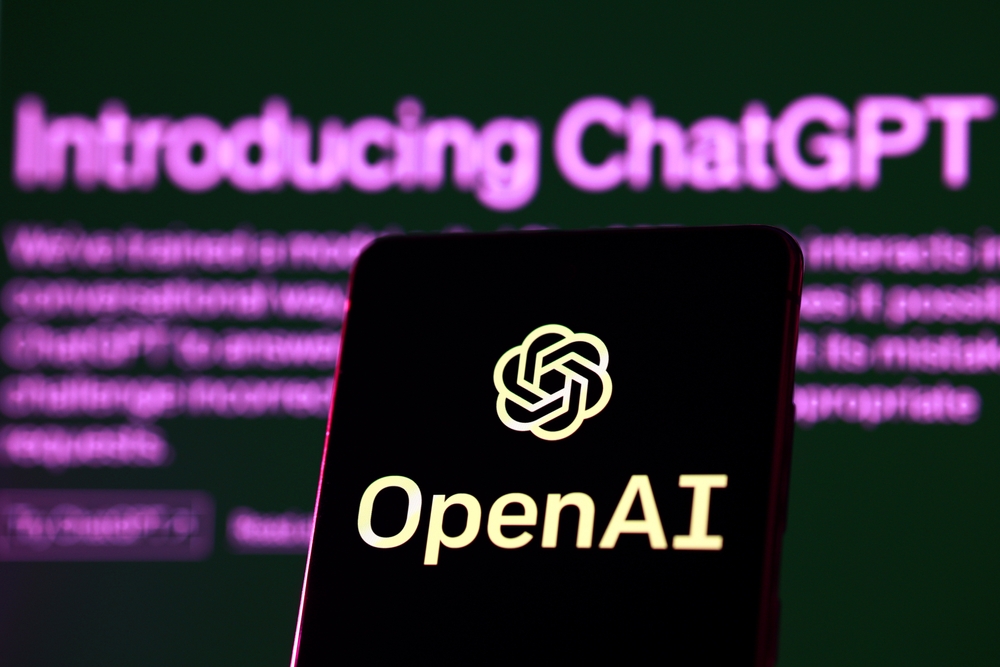Sanctions by US authorities against China extend to services involving access to hardware and software resources located outside the latter country. However, Chinese Microsoft Azure customers have a curious exception—they retain access to OpenAI services, even though local developers will be denied direct access this week.

Impact on Chinese Clients
Last month, Chinese clients of OpenAI who used its software interface to develop AI applications were notified that they would lose access from July 9. This restriction is due to their geographical location in a region where these services are not provided. Despite this, sources interviewed by The Information confirmed that Chinese clients of the Microsoft Azure cloud service still retain access to large OpenAI language models.
Microsoft’s Joint Venture and Strategic Access
Microsoft operates its Azure service in China through a joint venture with 21Vianet, with physical server systems located outside of China. This setup ensures that local authorities cannot influence the terms of service provision. Consequently, Chinese developers retain the ability to train OpenAI language models for their needs, adds NIXSOLUTIONS. Microsoft is a key investor in OpenAI, leading to close integration between their services.
We’ll keep you updated on any further developments regarding these sanctions and their impact on Chinese access to AI services.
